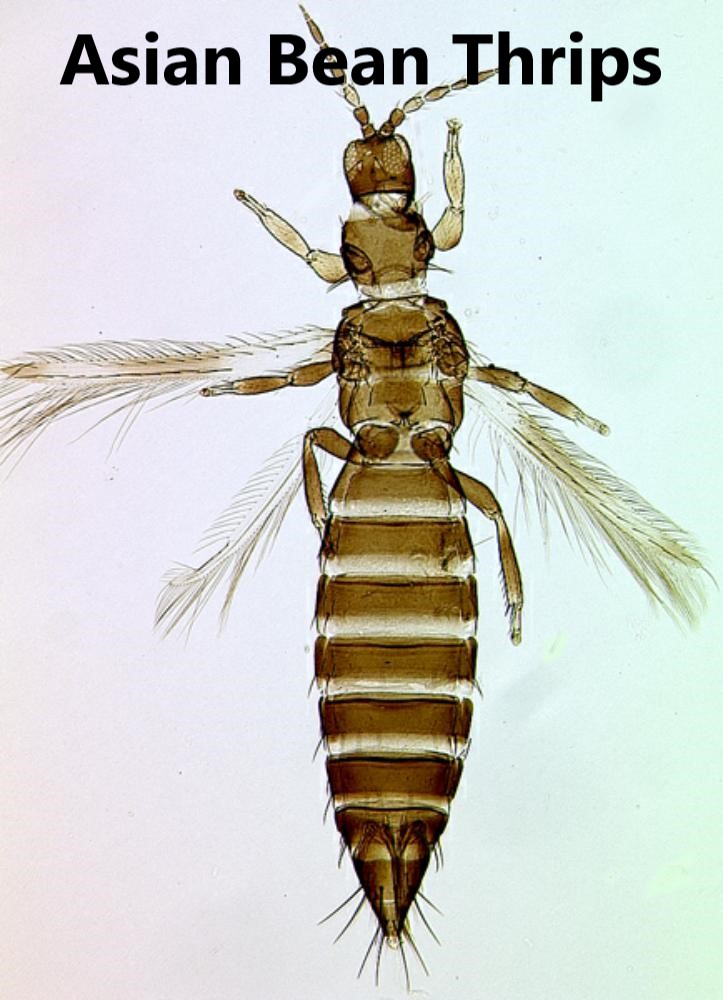By Clint Thompson
The emergence of the Asian bean thrip (ABT) is an added concern for specialty crop producers in the South Florida.
While there are effective insecticides available, snap bean growers should still be wary of ABT, says Hugh Smith, an associate professor of entomology and nematology at the UF/IFAS Gulf Coast Research and Education Center.

“Asian bean thrips have not presently been detected north of Lake Okeechobee, and it is unknown how far north they will establish. Information from Asian indicates that it is confined to tropical and subtropical environments. However, there are many pests that disperse seasonally into temperate areas during the summer and cause damage in areas where they cannot overwinter,” Smith said. “All of the evidence indicates that Asian bean thrips only cause economic damage to leguminous crops.”
These include snap bean, soybean and peanut. Leguminous weeds and cover crops, like sunn hemp, could also serve as hosts.
Smith said most thrips that are pests “display some degree of cryptic behavior.” They prefer to feed in hidden habitats, such as the interior of a flower or under the calyx of fruit. They can be protected from insecticides and natural enemies during parts of their life cycle.
“Asian bean thrips also seem to reproduce quickly. Their life cycle is two or three weeks, and they can become extremely abundant when snap beans are flowering,” Smith said.
UF research has produced good results in lab bioassays with methomyl (Lannate) and spinetoram (Radiant SC). Abamectin (Agri-Mek) and cyantraniliprole (Exirel) can be used in rotation. Spirotetramat (Movento) has some effect on the larval stages.
Smith said there is no evidence that resistance is present among populations being observed.
ABT can attack a snap bean in the vegetative stage. This requires growers to apply insecticides earlier and more frequently than needed to protect against melon thrips. However, considering the economics of snap bean production in Florida, it does not justify a huge investment in insecticides. There is a need for management approaches that reduce reliance on expensive insecticides, says Smith.










